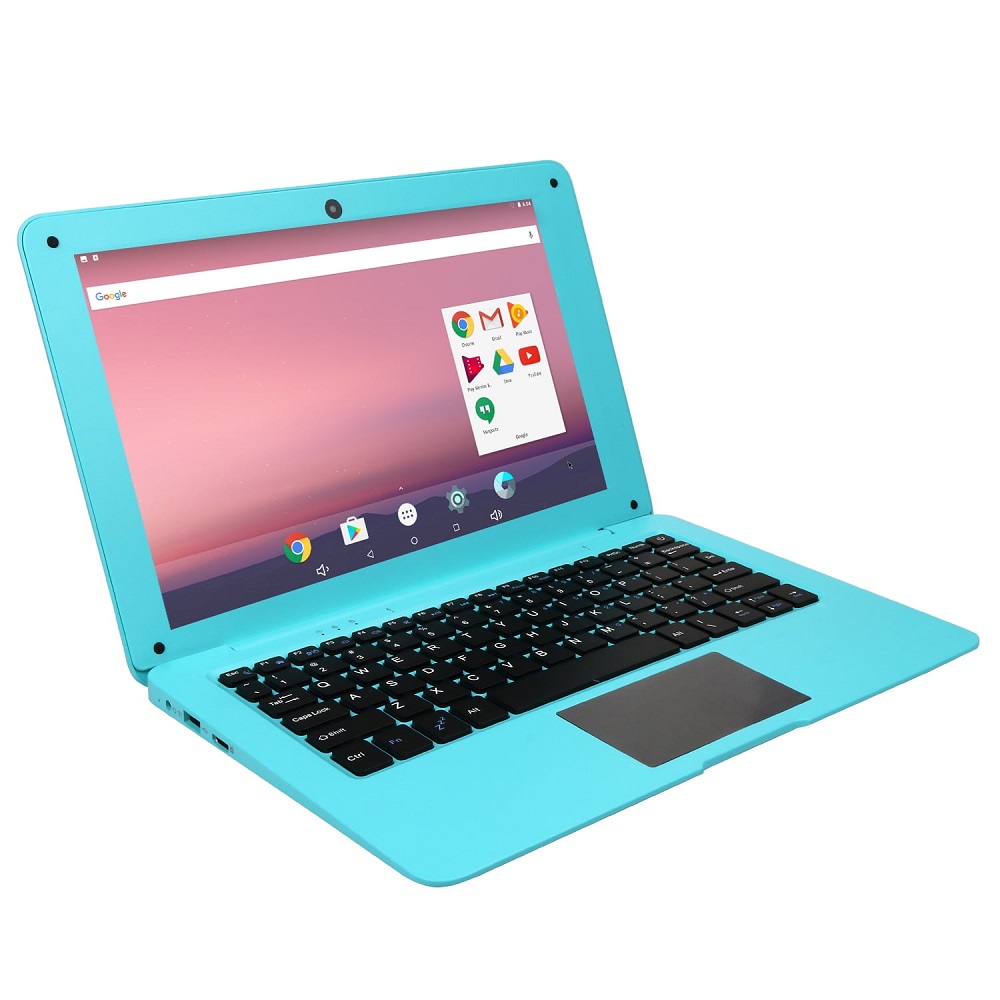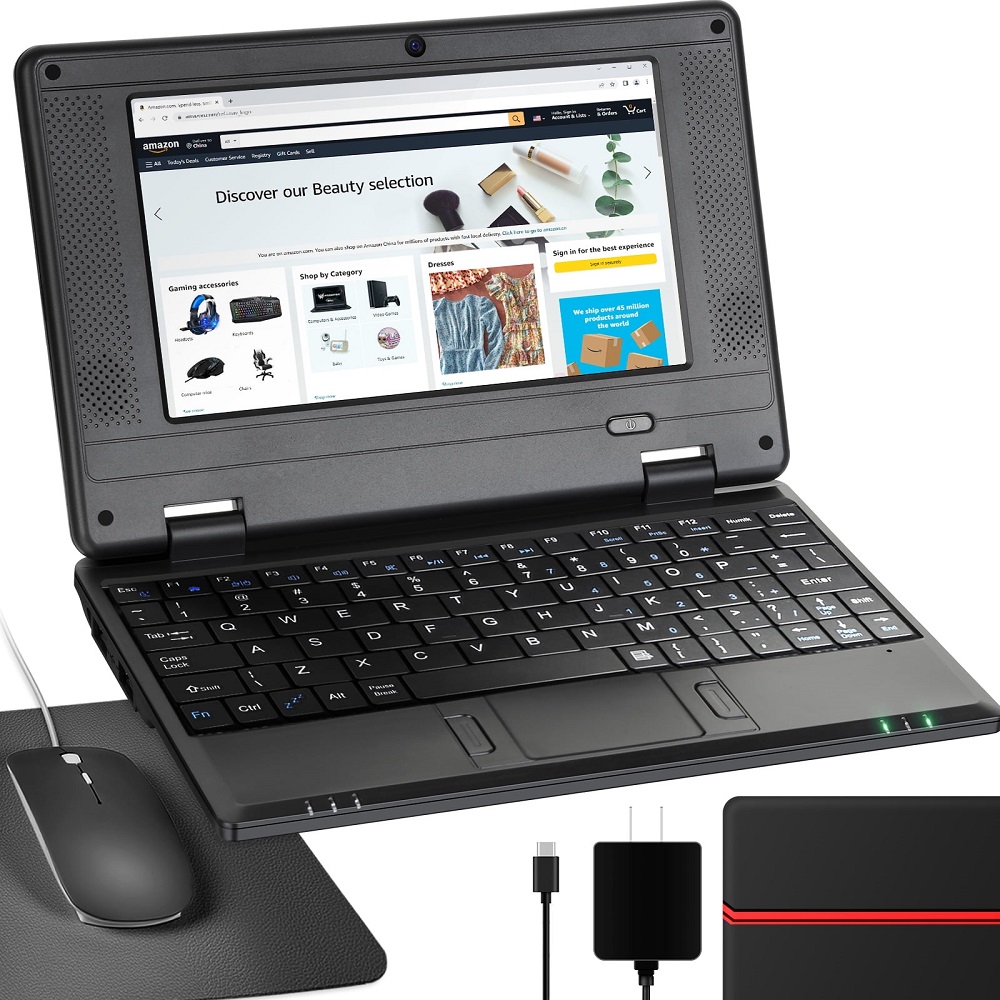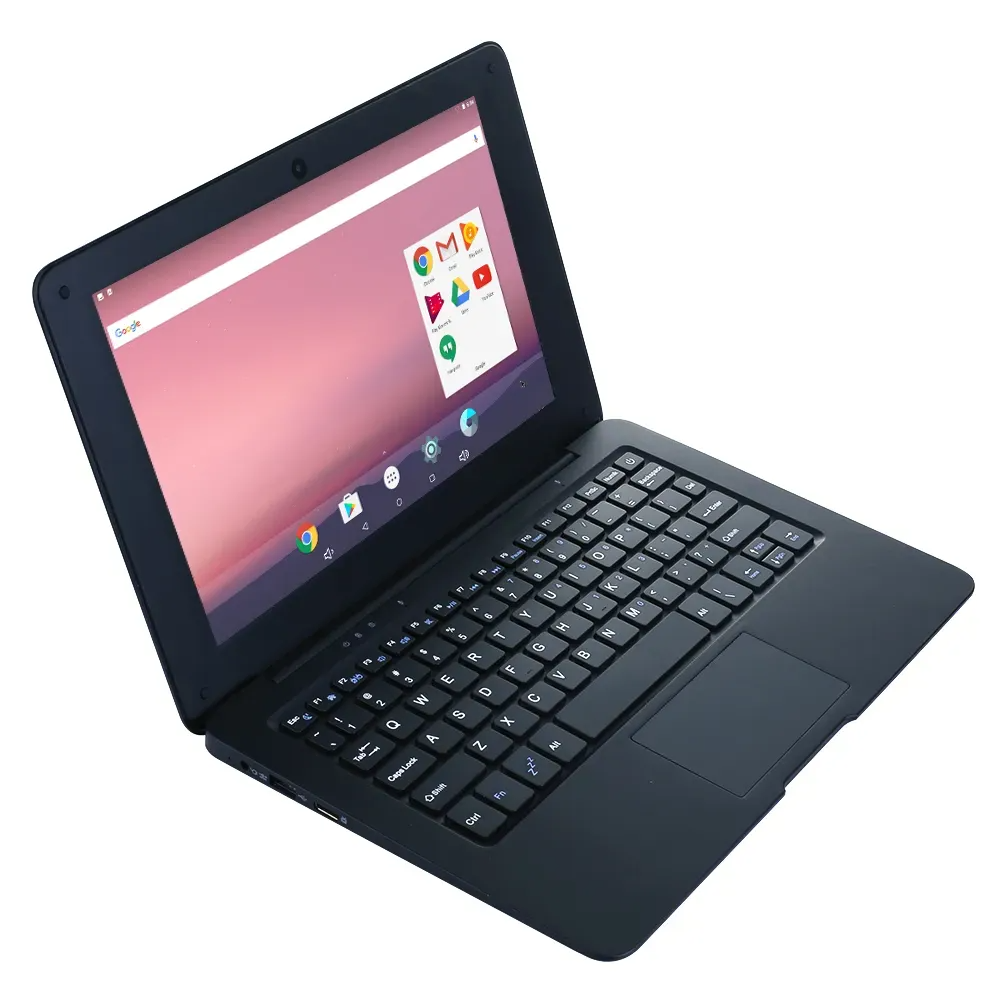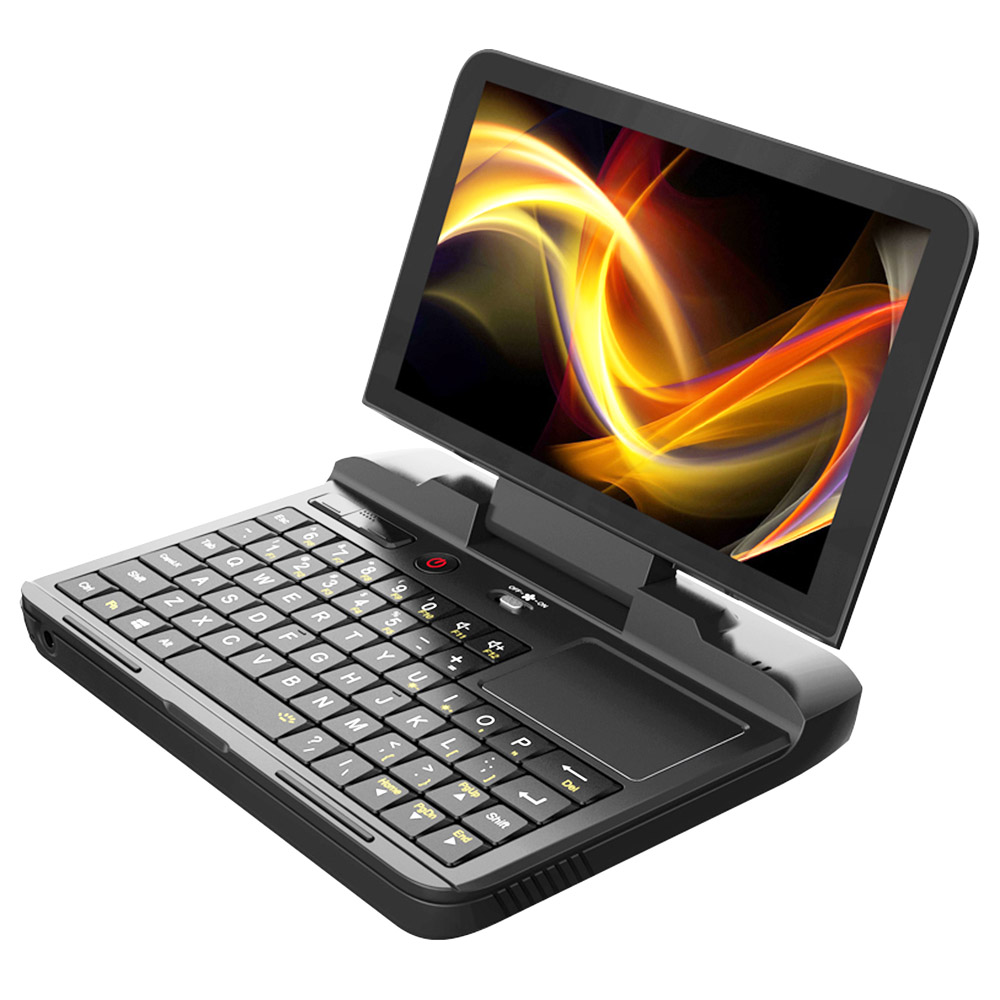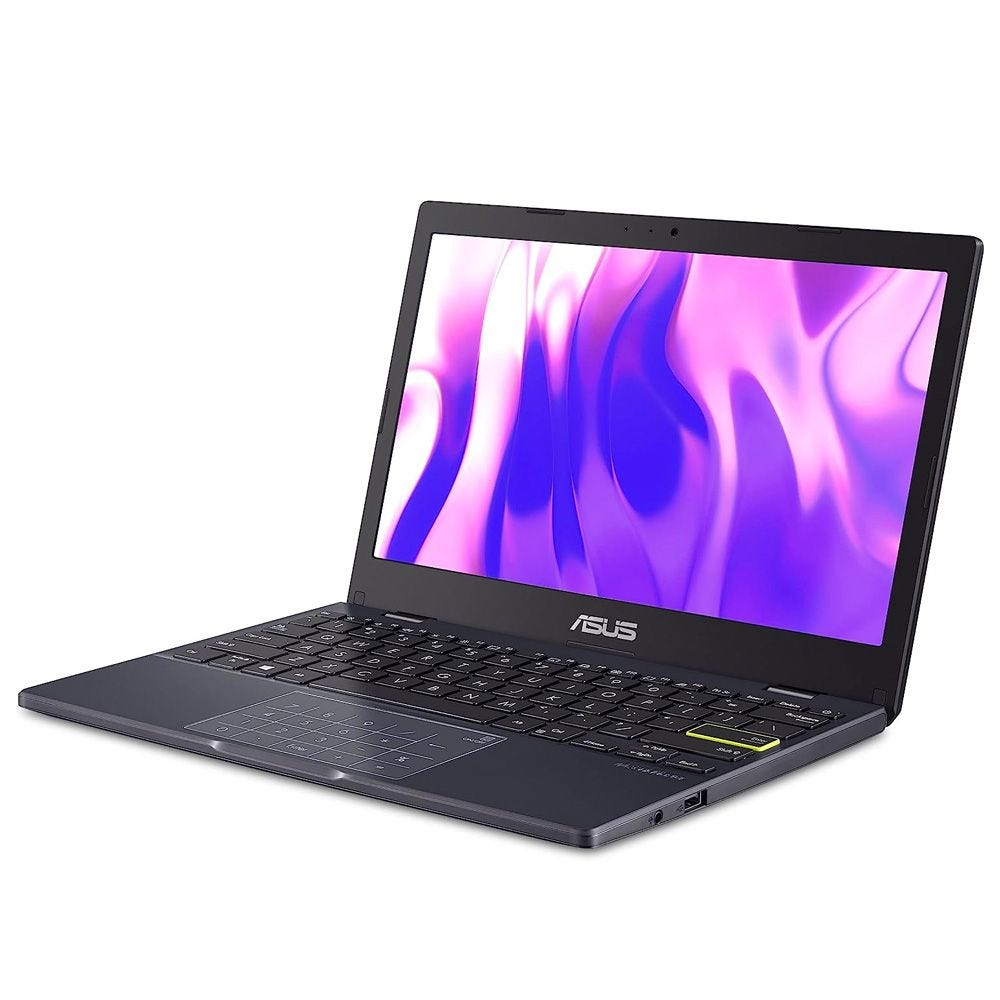In today’s fast-paced digital world, small laptop computers have become an essential tool for many people. They are lightweight, portable, and versatile, making them ideal for students, professionals, and casual users alike. With advancements in technology, these compact devices pack a lot of power into their small frames.
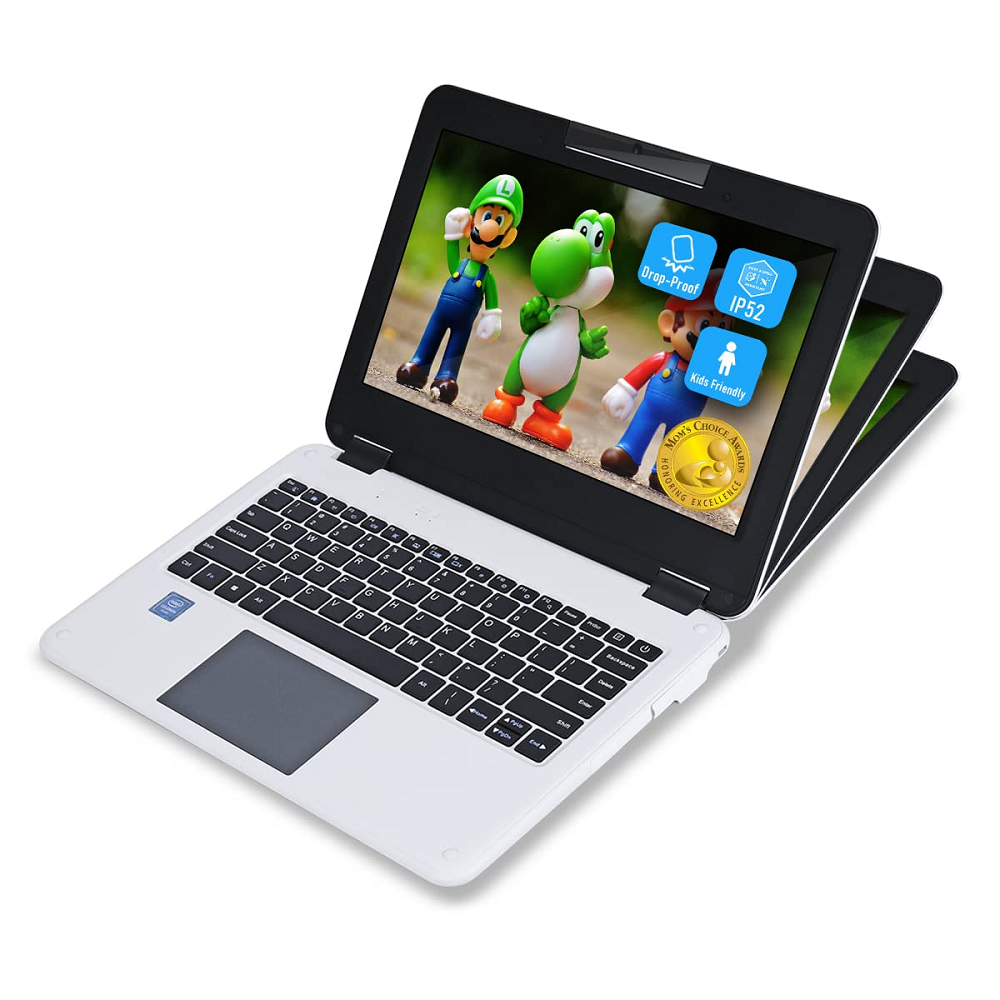
Advantages of Small Laptops
Small laptops bring several advantages to the table. First, portability is one of their biggest selling points. You can easily slip them into a backpack or a briefcase. This feature makes them perfect for people who are always on the move. Whether you are commuting to work or traveling for leisure, a small laptop is easy to carry.
Another key advantage is energy efficiency. Many small laptops use less power, which leads to longer battery life. This means you can use your laptop for hours without needing to find an outlet. Whether you are in a café or on a long flight, you can work or stream content without interruption.
In addition to portability and efficiency, small laptops often have sufficient performance for everyday tasks. Many of them come with modern processors, decent RAM, and SSD storage. This hardware can easily handle browsing, streaming, word processing, and even light gaming. Consequently, small laptops are versatile enough for a variety of uses.
Design and Aesthetics
Design matters when choosing a laptop. Small laptops often feature sleek and modern designs. Manufacturers spend a lot of time focusing on aesthetics. They want to attract users who appreciate style. The materials also contribute to the overall look and feel. Premium laptops use aluminum or magnesium alloy for a sleek touch.
Moreover, the keyboard layout and trackpad quality can also affect user experience. A well-designed keyboard can improve your typing speed. Similarly, an accurate and responsive trackpad enhances navigation. These design elements make using a small laptop a pleasure.
Beyond mere looks, some laptops offer customizable options. You may choose colors or material finishes based on your personality. This personal touch makes small laptops not just tools, but also fashion statements. The blend of utility and style is one of the appealing aspects of these devices.
Types of Small Laptops
Small laptops come in various forms. They are tailored to specific needs and preferences. Some options may serve basic functions, while others boast more robust performance capabilities.
Chromebooks
Chromebooks are gaining popularity for their simplicity and speed. They run on Chrome OS, which is lightweight and fast. These devices are especially appealing to students and those who primarily use web applications.
The primary advantage of a Chromebook is its affordability. Many models are priced competitively, making them accessible to a wide audience. They also boot up in seconds and integrate well with Google services. However, they may not be suitable for everyone. If you need software like Adobe Photoshop, a Chromebook may fall short.
Ultrabooks
On the higher end of the spectrum, ultrabooks offer power and performance in a small package. They come equipped with advanced hardware, good battery life, and impressive displays. Ultrabooks are ideal for professionals who need to perform complex tasks on the go.
The trade-off for this power is price. Ultrabooks tend to be more expensive than basic laptops or Chromebooks. However, they offer a superior experience that many are willing to pay for. The portability combined with high performance makes them a favorite among businesspeople and creatives.
2-in-1 Laptops
Another category worth mentioning is the 2-in-1 laptop. These devices can be used as both a laptop and a tablet. They feature touchscreen displays and often come with detachable keyboards or 360-degree hinges. This versatility appeals to those who want the best of both worlds.
2-in-1 laptops are excellent for note-taking during meetings or lectures. The touchscreen makes it easy to interact with apps and documents. However, this feature usually comes at a higher price point and may sacrifice some performance. Finding the right balance is essential if you choose this option.
Performance Considerations
When selecting a small laptop, performance plays a crucial role. It affects how smoothly your laptop can run applications and perform tasks. One important specification is the processor.
Processors
Modern processors come in multiple brands and models. Intel and AMD are the two leading manufacturers. Intel’s Core i3, i5, and i7 processors are popular choices. On the other hand, AMD has made significant strides with its Ryzen series. Understanding these options helps you choose a laptop that meets your performance needs.
For general use, an Intel Core i3 or AMD Ryzen 3 should suffice. If you plan on multitasking or using demanding software, a Core i5 or Ryzen 5 will serve you better. The higher the number, the better the performance.
RAM and Storage
RAM is another crucial factor. Most small laptops come with 8GB of RAM, which is sufficient for most users. However, some models offer upgradable options if you require more memory. This flexibility can extend the lifespan of your device.
Storage type matters as well. SSDs (solid-state drives) are faster than traditional HDDs (hard disk drives). When shopping for a small laptop, prioritize models with SSDs. They improve boot-up times and file access speeds, which enhances overall performance.
Battery Life and Connectivity
Another critical factor to consider is battery life. A small laptop won’t be worth much if it struggles to last through the day. Most modern small laptops offer decent battery life, typically ranging from 8 to 12 hours.
Battery Technology
The type of battery technology used also impacts longevity. Lithium-polymer batteries are common in smaller devices. They are lighter and can hold more charge than older battery types. Make sure to read reviews to get an estimate of real-world battery performance.
Ports and Connectivity
Connectivity options also vary widely among small laptops. Traditional USB-A ports are still useful for many devices, while USB-C ports offer faster transfer speeds and charging capabilities. HDMI ports can come in handy for connecting to external displays.
Wi-Fi capabilities are also essential. Look for laptops that support the latest standards, such as Wi-Fi 6. Strong and reliable Wi-Fi connections can significantly enhance your online activities, from video calls to gaming.
Operating Systems
The operating system you choose can affect your experience significantly. Each OS has its strengths and weaknesses.
Windows
Windows is the most widely used operating system globally. It supports a vast software library, making it ideal for gamers and professionals alike. Its flexibility allows you to customize your setup to fit your needs.
However, Windows laptops may require more maintenance than others. You might need antivirus software or a system cleanup app. This added responsibility can be a downside for casual users.
macOS
On the other hand, macOS is known for its user-friendly interface and seamless integration with Apple products. If you are already in the Apple ecosystem, a MacBook can make your life easier.
Yet, macOS devices tend to be pricier than their Windows counterparts. If you require specific Windows software for work, this could limit your options.
Chrome OS
Finally, Chrome OS offers a different experience. It’s focused on cloud applications, making it lightweight and fast. It’s great for browsing and basic tasks. However, if you need specialized software, Chrome OS may not meet your requirements.
Price Range and Budgeting
The price of small laptops can vary widely, from budget models under $300 to high-end ultrabooks that exceed $1,500. Knowing your budget helps narrow your options significantly.
Budget Options
If you are on a tight budget, many reliable small laptops are available. These models may have fewer features but can still handle everyday tasks like browsing and word processing. Look for Chromebooks or entry-level Windows laptops in this price range.
Mid-range Choices
Mid-range laptops typically range from $500 to $1,000. In this category, you can find more robust performance, better screens, and improved build quality. Brands often offer good warranties and customer support in this range. This price point is a sweet spot for many users seeking balance.
Premium Models
Premium models above $1,000 often come with the latest technology and features. These devices can offer longer warranties, better customer support, and higher resale value. If you can afford it, investing in a quality small laptop can pay off in the long run.
Making a Decision
Choosing the right small laptop can be challenging. With numerous options available, it is essential to understand your needs. Do you need a lightweight device for browsing? Or do you require a powerful laptop for gaming or work?
Researching Options
Once you identify your needs, start researching your options. Read reviews and comparisons to gather a variety of perspectives. You can also visit a store to get a feel for different models. Physical interaction can help solidify your choice.
Asking for Recommendations
Asking friends, family, or colleagues for recommendations can also be beneficial. They may share experiences that you hadn’t considered. User feedback can provide invaluable insight into a laptop’s performance and reliability.
Making the Purchase
Once you settle on a model, it’s time to make your purchase. Be sure to shop around for the best price. Look into student discounts or promotional offers to save money.
Accessories and Add-ons
After purchasing a small laptop, you may consider accessories to enhance your experience. Various add-ons can improve usability and extend functionality.
External Storage
Many users find external storage drives helpful. Whether for backups or additional space, an external SSD or HDD can provide much-needed capacity. Portable solutions make it easy to carry additional files on the go.
Laptop Cases and Sleeves
Investing in a quality case or sleeve is essential for protection. This accessory safeguards your laptop from scratches and minor impacts. Look for options that fit your style while providing adequate cushioning.
Other Accessories
You might also consider a wireless mouse for ease of navigation. A good quality mouse can improve your workflow, especially during long sessions. Additionally, a portable charger can keep your device powered on extended trips.
Final Thoughts
In conclusion, small laptop computers have revolutionized how we work and play. Their portability, performance, and versatility make them a compelling choice for many users. Whether you opt for a Chromebook, ultrabook, or a 2-in-1 device, understanding your needs will guide your choice.
As technology continues to advance, we can expect small laptops to become even more efficient and powerful. By choosing a device that aligns with your lifestyle, you can enjoy the convenience of computing on the go. So take your time, do your research, and finally make an informed decision. Happy laptop hunting!
